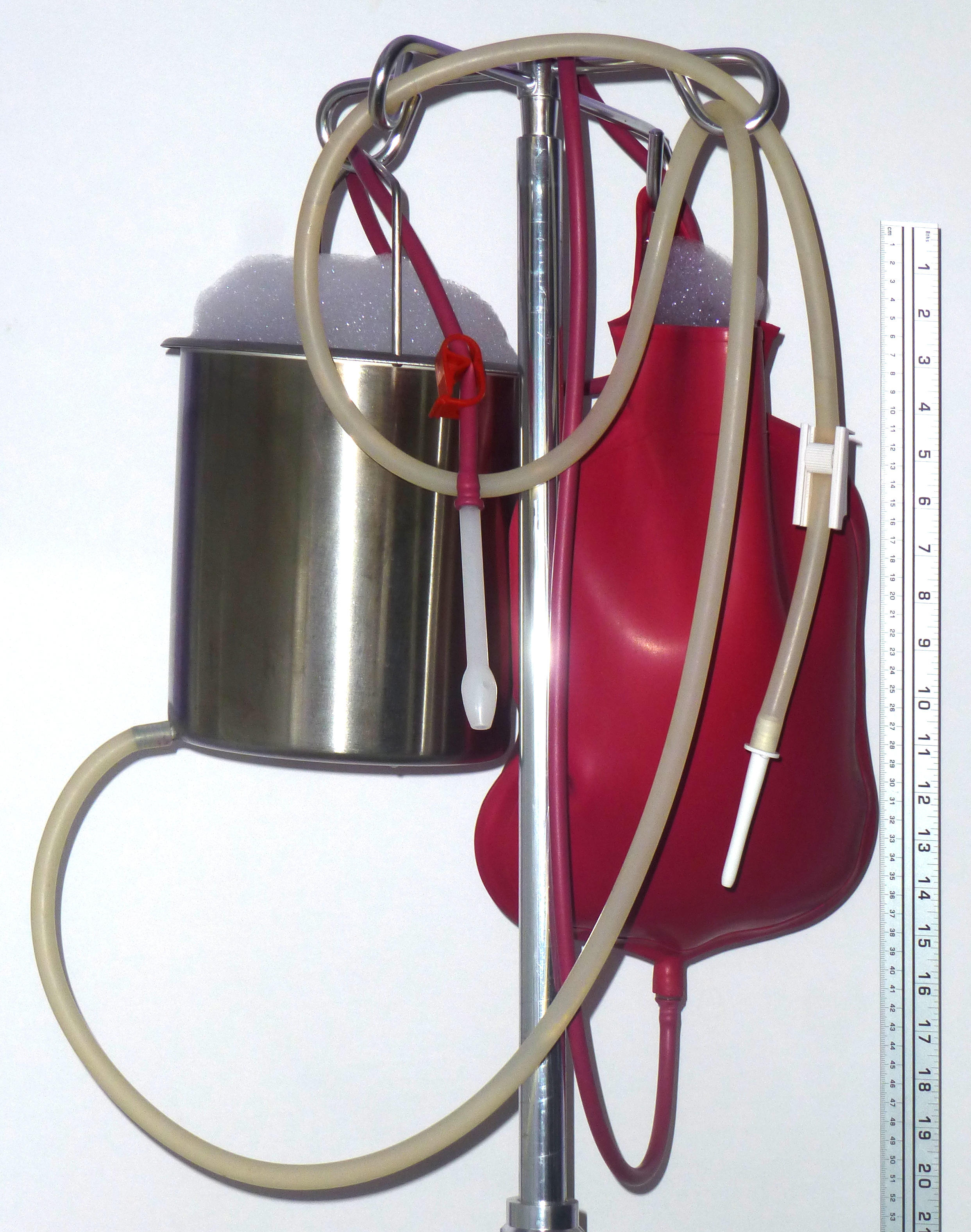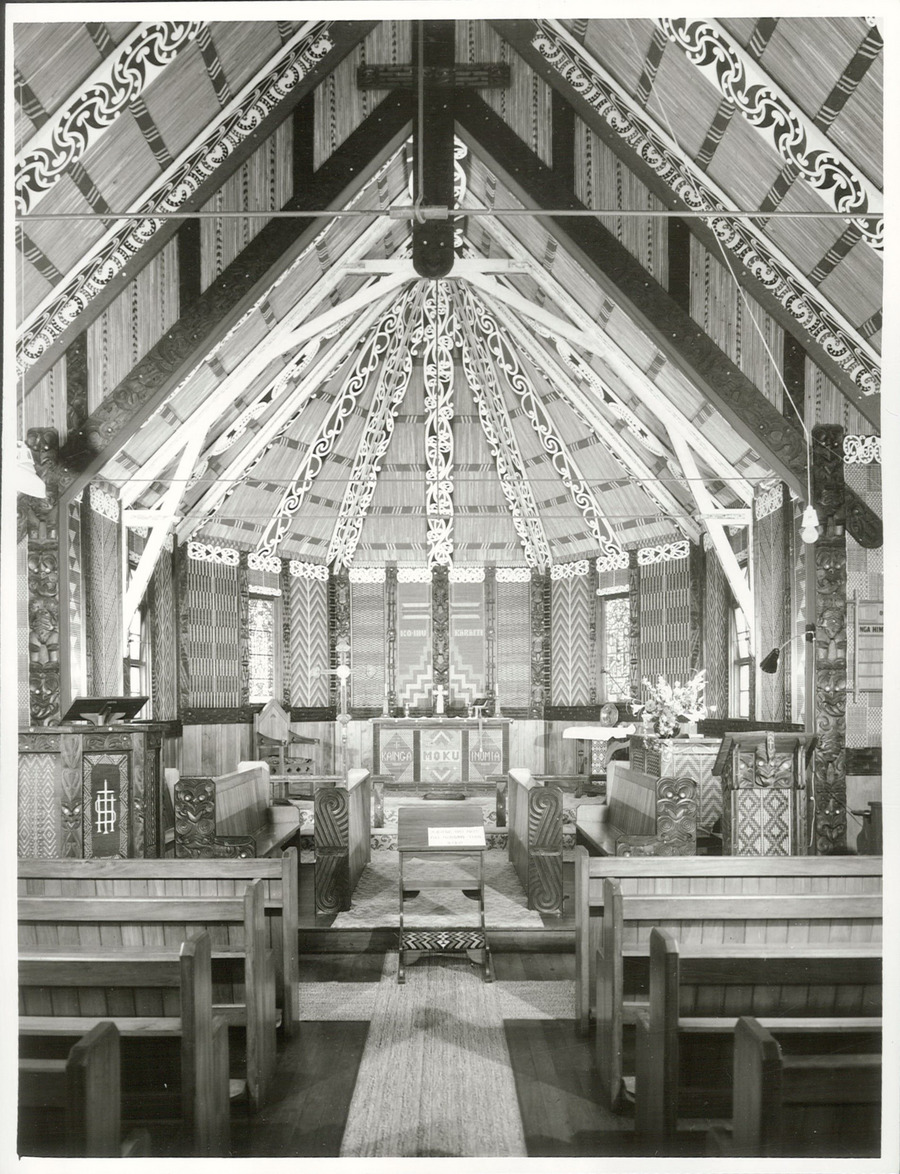|
Ulric Williams ...
Ulric Gaster Williams (22 May 1890 – 21 December 1971) was a New Zealand doctor and naturopath. He was born in Putiki, Wanganui, New Zealand in 1890. He received his education at Wanganui Collegiate School. While "regarded by many as a crank and a fanatic", his advocates describe him as "an original thinker" whose ideas on natural living were "perhaps ahead of his time". References {{DEFAULTSORT:Williams, Ulric Gaster 1890 births 1971 deaths New Zealand general practitioners People from Whanganui Naturopaths People educated at Whanganui Collegiate School Ulric Ulric was originally a form of the Old English male name Wulfric (other), Wulfric but is now seen as a form of Ulrich. Ulric may refer to: People with the name ''See Ulrich for a list of historical individuals whose name may be anglicized ... [...More Info...] [...Related Items...] OR: [Wikipedia] [Google] [Baidu] |
Naturopathy
Naturopathy, or naturopathic medicine, is a form of alternative medicine. A wide array of pseudoscientific practices branded as "natural", "non-invasive", or promoting "self-healing" are employed by its practitioners, who are known as naturopaths. Difficult to generalize, these treatments range from outright quackery, like homeopathy, to widely accepted practices like certain forms of psychotherapy. The ideology and methods of naturopathy are based on vitalism and folk medicine rather than evidence-based medicine, although practitioners may use techniques supported by evidence. Naturopathic practitioners commonly recommend against following modern medical practices, including but not limited to medical testing, drugs, vaccinations, and surgery. Instead, naturopathic practice relies on unscientific notions, often leading naturopaths to diagnoses and treatments that have no factual merit. Naturopathy is considered by the medical profession to be ineffective and harmful, rai ... [...More Info...] [...Related Items...] OR: [Wikipedia] [Google] [Baidu] |
Putiki
Putiki is a settlement in the Whanganui District and Manawatū-Whanganui region of New Zealand's North Island, located across the Whanganui River from Whanganui city. It includes the intersection of State Highway 3 and State Highway 4. The settlement was established around Pūtiki Pā, a tribal meeting ground of Ngāti Tumango and Ngāti Tupoho. It features Te Paku o Te Rangi meeting house, also known as Aotea meeting house. History 19th century Pūtiki Pā, recorded variously as Putiki Wharanui, Putiki Wharenui, Putiki Warenui, or by its full name Putiki-wharanui-a-Tamatea-pokai-whenua, as a well established pā well before European arrival. The settlement was attacked by Ngāti Toa in a bloody two-month siege in 1828 or 1829. About 400 locals were killed in the encounter. Pūtiki was the main Māori settlement at the Whanganui River mouth when Europeans began settling on the river in the 1840s. Māori from Pūtiki signed a deed of purchase with Edward Gibbon Wakefiel ... [...More Info...] [...Related Items...] OR: [Wikipedia] [Google] [Baidu] |
Whanganui
Whanganui (; ), also spelled Wanganui, is a city in the Manawatū-Whanganui region of New Zealand. The city is located on the west coast of the North Island at the mouth of the Whanganui River, New Zealand's longest navigable waterway. Whanganui is the 19th most-populous urban area in New Zealand and the second-most-populous in Manawatū-Whanganui, with a population of as of . Whanganui is the ancestral home of Te Āti Haunui-a-Pāpārangi and other Whanganui Māori tribes. The New Zealand Company began to settle the area in 1840, establishing its second settlement after Wellington. In the early years most European settlers came via Wellington. Whanganui greatly expanded in the 1870s, and freezing works, woollen mills, phosphate works and wool stores were established in the town. Today, much of Whanganui's economy relates directly to the fertile and prosperous farming hinterland. Like several New Zealand urban areas, it was officially designated a city until an adminis ... [...More Info...] [...Related Items...] OR: [Wikipedia] [Google] [Baidu] |
Wanganui Collegiate School
Whanganui Collegiate School (formerly Wanganui Collegiate School; see here) is a state-integrated, coeducational, day and boarding, secondary school in Whanganui, Manawatū-Whanganui region, New Zealand. The school is affiliated to the Anglican church. About Whanganui Collegiate School was founded as Wanganui Collegiate School in 1854 thanks to a land grant in 1852 by the Governor of New Zealand, Sir George Grey, to the Bishop of New Zealand, George Augustus Selwyn, for the purpose of establishing a school. The school moved to its current site in 1911. It was originally a boys-only school but in 1991 began admitting girls at senior levels and went fully co-educational in 1999. The school celebrated its 150th anniversary in 2004. St George’s School moved to the Collegiate campus in 2010. The combined schools provide primary education for day students on the St George’s campus, and secondary education for day and boarding students on the Collegiate campus. Collegiate is ... [...More Info...] [...Related Items...] OR: [Wikipedia] [Google] [Baidu] |
1890 Births
Year 189 ( CLXXXIX) was a common year starting on Wednesday (link will display the full calendar) of the Julian calendar. At the time, it was known as the Year of the Consulship of Silanus and Silanus (or, less frequently, year 942 '' Ab urbe condita''). The denomination 189 for this year has been used since the early medieval period, when the Anno Domini calendar era became the prevalent method in Europe for naming years. Events By place Roman Empire * Plague (possibly smallpox) kills as many as 2,000 people per day in Rome. Farmers are unable to harvest their crops, and food shortages bring riots in the city. China * Liu Bian succeeds Emperor Ling, as Chinese emperor of the Han Dynasty. * Dong Zhuo has Liu Bian deposed, and installs Emperor Xian as emperor. * Two thousand eunuchs in the palace are slaughtered in a violent purge in Luoyang, the capital of Han. By topic Arts and sciences * Galen publishes his ''"Treatise on the various temperaments"'' ... [...More Info...] [...Related Items...] OR: [Wikipedia] [Google] [Baidu] |
1971 Deaths
* The year 1971 had three partial solar eclipses (February 25, July 22 and August 20) and two total lunar eclipses (February 10, and August 6). The world population increased by 2.1% this year, the highest increase in history. Events January * January 2 – 66 people are killed and over 200 injured during a crush in Glasgow, Scotland. * January 5 – The first ever One Day International cricket match is played between Australia and England at the Melbourne Cricket Ground. * January 8 – Tupamaros kidnap Geoffrey Jackson, British ambassador to Uruguay, in Montevideo, keeping him captive until September. * January 9 – Uruguayan president Jorge Pacheco Areco demands emergency powers for 90 days due to kidnappings, and receives them the next day. * January 12 – The landmark United States television sitcom ''All in the Family'', starring Carroll O'Connor as Archie Bunker, debuts on CBS. * January 14 – Seventy Brazilian political prisoners are release ... [...More Info...] [...Related Items...] OR: [Wikipedia] [Google] [Baidu] |
New Zealand General Practitioners
New is an adjective referring to something recently made, discovered, or created. New or NEW may refer to: Music * New, singer of K-pop group The Boyz Albums and EPs * ''New'' (album), by Paul McCartney, 2013 * ''New'' (EP), by Regurgitator, 1995 Songs * "New" (Daya song), 2017 * "New" (Paul McCartney song), 2013 * "New" (No Doubt song), 1999 *"new", by Loona from '' Yves'', 2017 *"The New", by Interpol from ''Turn On the Bright Lights'', 2002 Acronyms * Net economic welfare, a proposed macroeconomic indicator * Net explosive weight, also known as net explosive quantity * Network of enlightened Women, a conservative university women's organization * Next Entertainment World, a South Korean film distribution company Identification codes * Nepal Bhasa language ISO 639 language code * New Century Financial Corporation (NYSE stock abbreviation) * Northeast Wrestling, a professional wrestling promotion in the northeastern United States Transport * New Orleans Lakefront ... [...More Info...] [...Related Items...] OR: [Wikipedia] [Google] [Baidu] |
People From Whanganui
A person ( : people) is a being that has certain capacities or attributes such as reason, morality, consciousness or self-consciousness, and being a part of a culturally established form of social relations such as kinship, ownership of property, or legal responsibility. The defining features of personhood and, consequently, what makes a person count as a person, differ widely among cultures and contexts. In addition to the question of personhood, of what makes a being count as a person to begin with, there are further questions about personal identity and self: both about what makes any particular person that particular person instead of another, and about what makes a person at one time the same person as they were or will be at another time despite any intervening changes. The plural form "people" is often used to refer to an entire nation or ethnic group (as in "a people"), and this was the original meaning of the word; it subsequently acquired its use as a plural form of p ... [...More Info...] [...Related Items...] OR: [Wikipedia] [Google] [Baidu] |
Naturopaths
Naturopathy, or naturopathic medicine, is a form of alternative medicine. A wide array of pseudoscientific practices branded as "natural", "non-invasive", or promoting "self-healing" are employed by its practitioners, who are known as naturopaths. Difficult to generalize, these treatments range from outright quackery, like homeopathy, to widely accepted practices like certain forms of psychotherapy. The ideology and methods of naturopathy are based on vitalism and folk medicine rather than evidence-based medicine, although practitioners may use techniques supported by evidence. Naturopathic practitioners commonly recommend against following modern medical practices, including but not limited to medical testing, drugs, vaccinations, and surgery. Instead, naturopathic practice relies on unscientific notions, often leading naturopaths to diagnoses and treatments that have no factual merit. Naturopathy is considered by the medical profession to be ineffective and harmful, raisin ... [...More Info...] [...Related Items...] OR: [Wikipedia] [Google] [Baidu] |
People Educated At Whanganui Collegiate School
A person ( : people) is a being that has certain capacities or attributes such as reason, morality, consciousness or self-consciousness, and being a part of a culturally established form of social relations such as kinship, ownership of property, or legal responsibility. The defining features of personhood and, consequently, what makes a person count as a person, differ widely among cultures and contexts. In addition to the question of personhood, of what makes a being count as a person to begin with, there are further questions about personal identity and self: both about what makes any particular person that particular person instead of another, and about what makes a person at one time the same person as they were or will be at another time despite any intervening changes. The plural form "people" is often used to refer to an entire nation or ethnic group (as in "a people"), and this was the original meaning of the word; it subsequently acquired its use as a plural form of p ... [...More Info...] [...Related Items...] OR: [Wikipedia] [Google] [Baidu] |


.jpg)


_1938.jpg)
